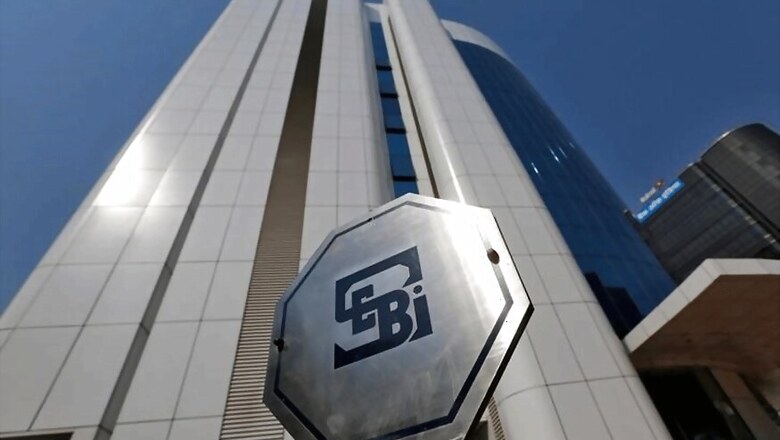
views
New Delhi: Markets regulator Sebi will soon pass order on global auditing firm Price Waterhouse for its alleged negligence and lapses in a nearly decade-old corporate fraud case involving Satyam Computer Services, regulatory officials said.
Sebi is investigating the role of the auditing firm which worked for Satyam between 2000 and 2008 and has been under the scanner for allegedly concealing the scam that came to light in January 2009 when the company's founder B Ramalinga Raju himself admitted to fudging the books.
"The Securities and Exchange Board of India (Sebi) would soon pass an order against PwC in Satyam case," a regulatory official said on condition of anonymity as the final order is still being framed.
Sebi, which has been probing PwC for a long time and was asked by the Supreme Court in January to expedite the matter, held a series of hearings with the auditing major and its officials during May-June this year.
The officials said the government has also received certain complaints regarding PwC and it has asked Sebi to look into the matter.
When asked about submissions made by the group, a PwC spokesperson said: "The matter is at procedural stage of the proceedings and thus no substantive submissions have been made, which shall be done as and when the occasion arises."
The Supreme Court, in January, had directed Sebi to complete in six months its enquiry proceedings against PWC. Soon after the scam came to light, Sebi had issued show-cause notices to PWC and its associates in February 2009.
Further notices were issued to PwC in 2012 under Fraudulent and Unfair Trade Practises (FUTP) regulations. Pursuant to Sebi's show cause notice, PwC had moved the Bombay High Court, saying that Sebi being a stock market regulator has no jurisdiction to issue show-cause notice to auditors' firm. Only a body such as Institute of Chartered Accountants of India can do this, it contended.
On the other hand, Sebi had said that auditors have "direct, fiduciary" relationship with shareholders and they had incurred losses due to decisions based on Satyam's balance sheet. Later, the Bombay High Court ruled that Sebi had the powers to issue show cause notice to PWC.
Following issuance of show cause notices way back in 2009, PwC had submitted applications to the regulator seeking cross-examination of certain persons associated with the case.
In December 2010, Sebi allowed cross-examination of some of the persons, but refused the same for a few others. Later, PwC had approached the Securities Appellate Tribunal (SAT) on the issue of cross-examination, following which the Tribunal last month asked the regulator to allow cross-examination of some more persons.
After nearly 7 years of investigation, Sebi in 2015 asked 10 entities linked to the main accused B Ramalinga Raju including his mother, brother and son to disgorge over Rs 1,800 crore worth of illegal gains made by them.
Besides, they were asked to pay close to Rs 1,500 crore as interest on the disgorgement amount, as the penalty was levied with effect from January 7, 2009 -- the day Raju admitted to a massive long-running fraud at the company.
Prior to that, Sebi in July 2014 had barred Raju and other individuals from the securities market for 14 years. After hearing appeal against these orders, the SAT in May this year directed Sebi to pass a fresh order with respect to the quantum of punishment given to Raju and four others.
While agreeing with Sebi's finding that the individuals violated regulations, the tribunal also said the decision to uniformly restrain all the appellants from accessing the securities market for 14 years "without assigning any reasons is unjustified".












Comments
0 comment